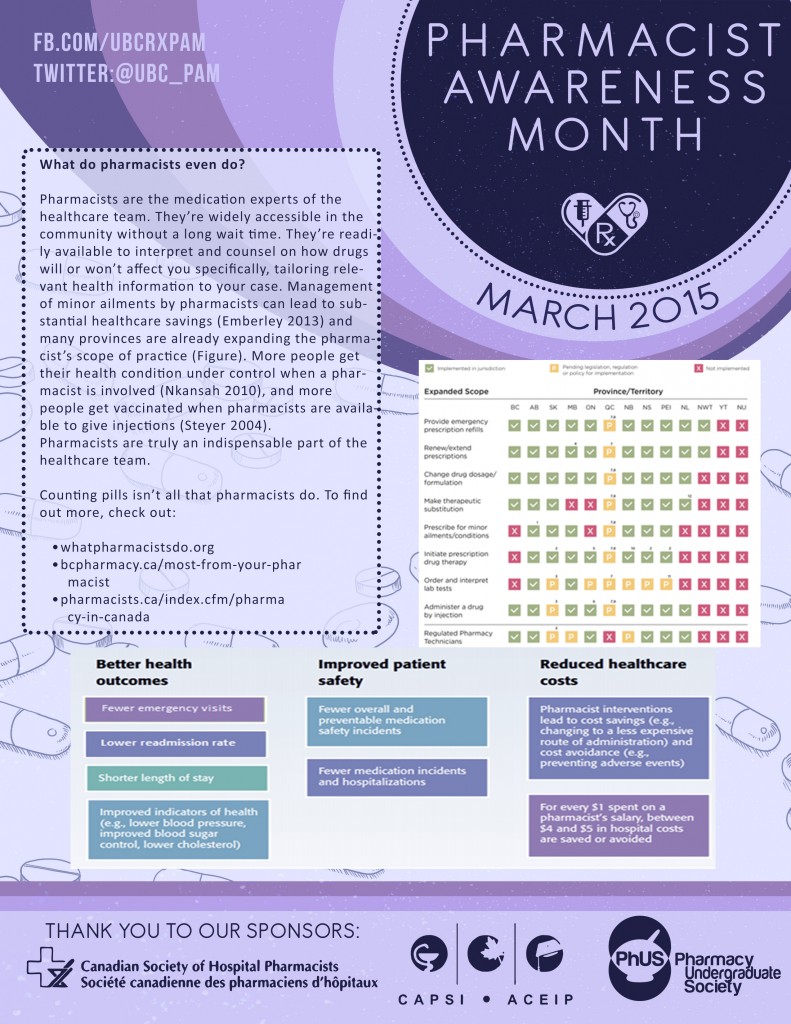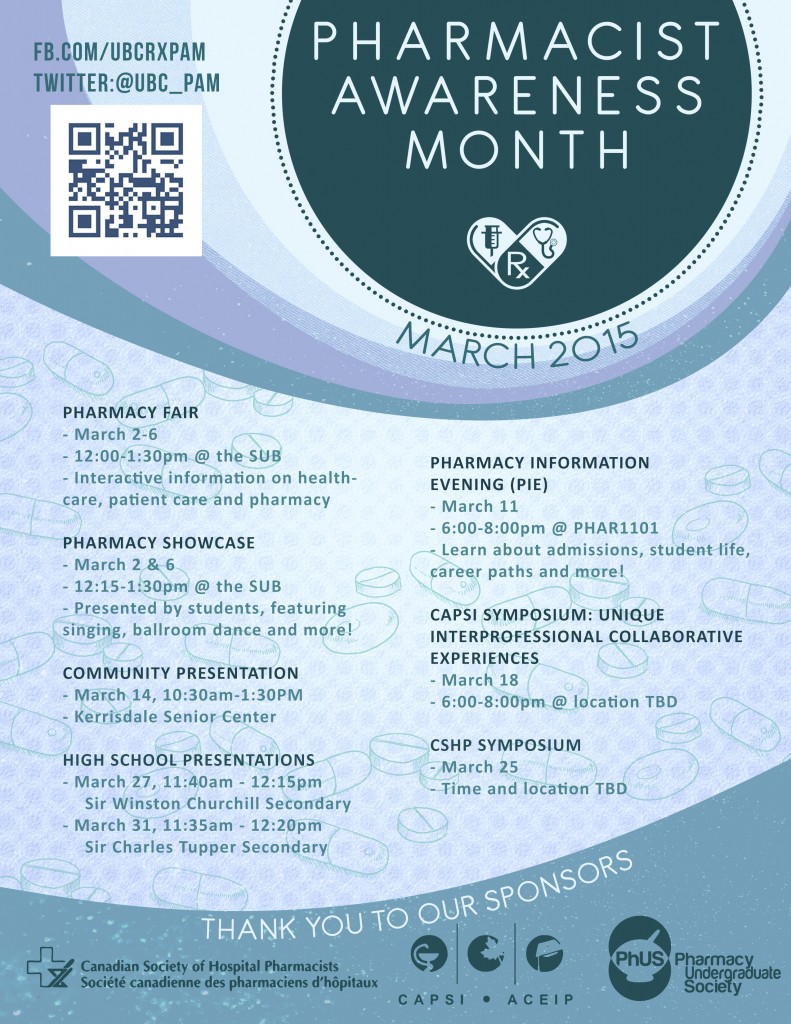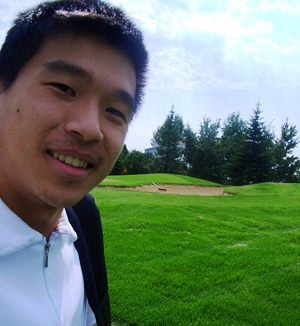Hard to believe it, but term 1 is winding down. You are only weeks away from relaxing in your finest turtleneck, sipping eggnog, and enjoying good times with family and friends.
But first, let’s talk final exams and studying tips. Our faculty members have been where you are – many times before. Here’s their best advice for getting through exam season.
Tamiz Kanji, instructor
My study tip is to acknowledge when your studying time is impactful or not. If you’re staring at study material and not engaged or you are distracted – take a break from it. Start up again when you are ready.
Brian Rodrigues, professor
Get a group of your friends/classmates and study together. Not more than 4-5 individuals. Divide the lectures into segments. Thus if you are 5 students and there are 20 lectures, allocate 4 lectures per individual. Then get each person to go through the material they learnt. Explaining material to the group really makes concepts clearer. I find the BEST way to learn and REMEMBER is to try and explain the material to your colleagues.
In every course that I’ve taken, either as an undergraduate or graduate student, I ALWAYS studied with friends. And always aced everything. Other students were always amazed that we only studied 1-2 days before any exam (together) yet were never stressed (and always had the most fun).
Ingrid Price, senior instructor
I always liked putting things into my own words – but narrowing it down to less and less words until I had a key word that I could use to remember information. Also, I love acronyms! Anything to help me remember. I am a bit of kinesthetic learner so, I used to walk my dogs and study at the same time – often with recipe cards that had notes on them that I could look at as I needed to as I was walking. Also, I used to try to study when I was most focused cognitively – so morning/early in the day was my best time for focusing.
Ali Meghji, lecturer
1) Don’t spend the first 2 days of the exam period cleaning your apartment regardless of how productive it makes you feel.
2) Think about the application of everything you study and how each piece of information might help you in the future. Once you recognize its’ utility, it’ll be easier to remember.
Michelle Fisher, lecturer
Start early! Schedule time every day to study one topic. There is plenty of time later to have a life. No, I changed my mind. This is your life so fit in a small reward here and there to keep you motivated. Go outside.
My Habits:
1) I like to listen to lectures on my tablet during my commute.
2) I also like to sit outside and study and will try to study in uninterrupted blocks of time as long as the exam i.e. 2 or 3 hours.
3) I also like ear plugs for exam writing since the clicking sound of typing and noisy air conditioning bother me.
Tony Seet, instructor
When I was studying for exams, I used the different libraries around campus. After staying at the same library for a long period of time, my mind would start to wander so I would pack up my stuff and find a different library to study. The fresh air and change in scenery would help me to refocus and it was an interesting way to see the other parts of campus
There are a number of resources available if you feel like you’re struggling to manage your workload and stress.
Empower Me: Available 24/7 to students anywhere in North America. Call 1 (844) 741-6389 (toll-free) to be directly connected to the Empower Me Clinical Response centre.
UBC Counselling Services: Their phone number is (604) 822-3811, and they’re located at Brock Hall (1874 E Mall).
If you ever feel you need support after hours, you can also call the Crisis Centre, which confidential and available 24/7: (1-800-784-2433).
UBC Wellbeing Coping Strategies Handout.
Wishing you all the best for your final exams.
– Karie Hanson, program advisor and manager


 Follow
Follow







